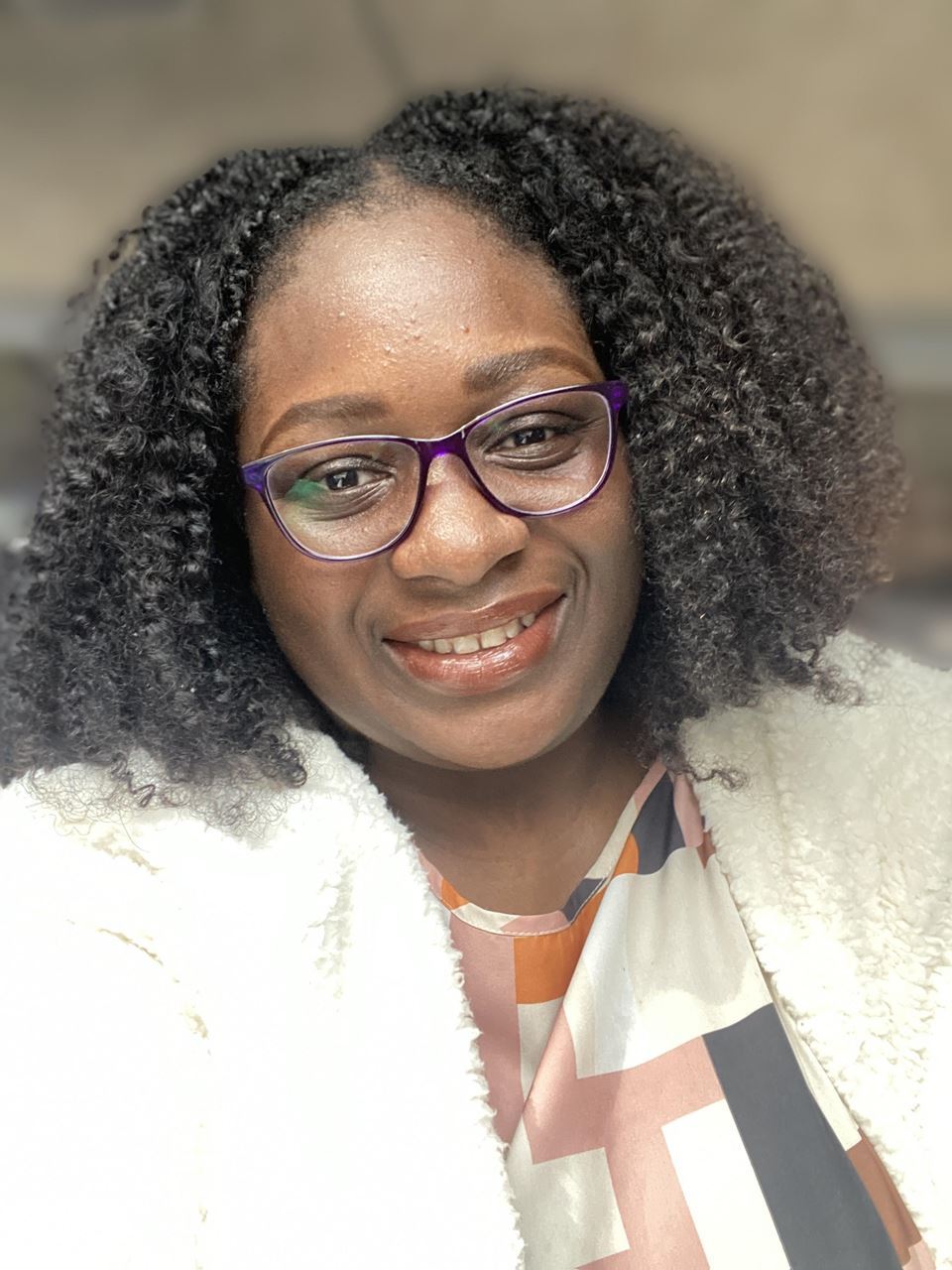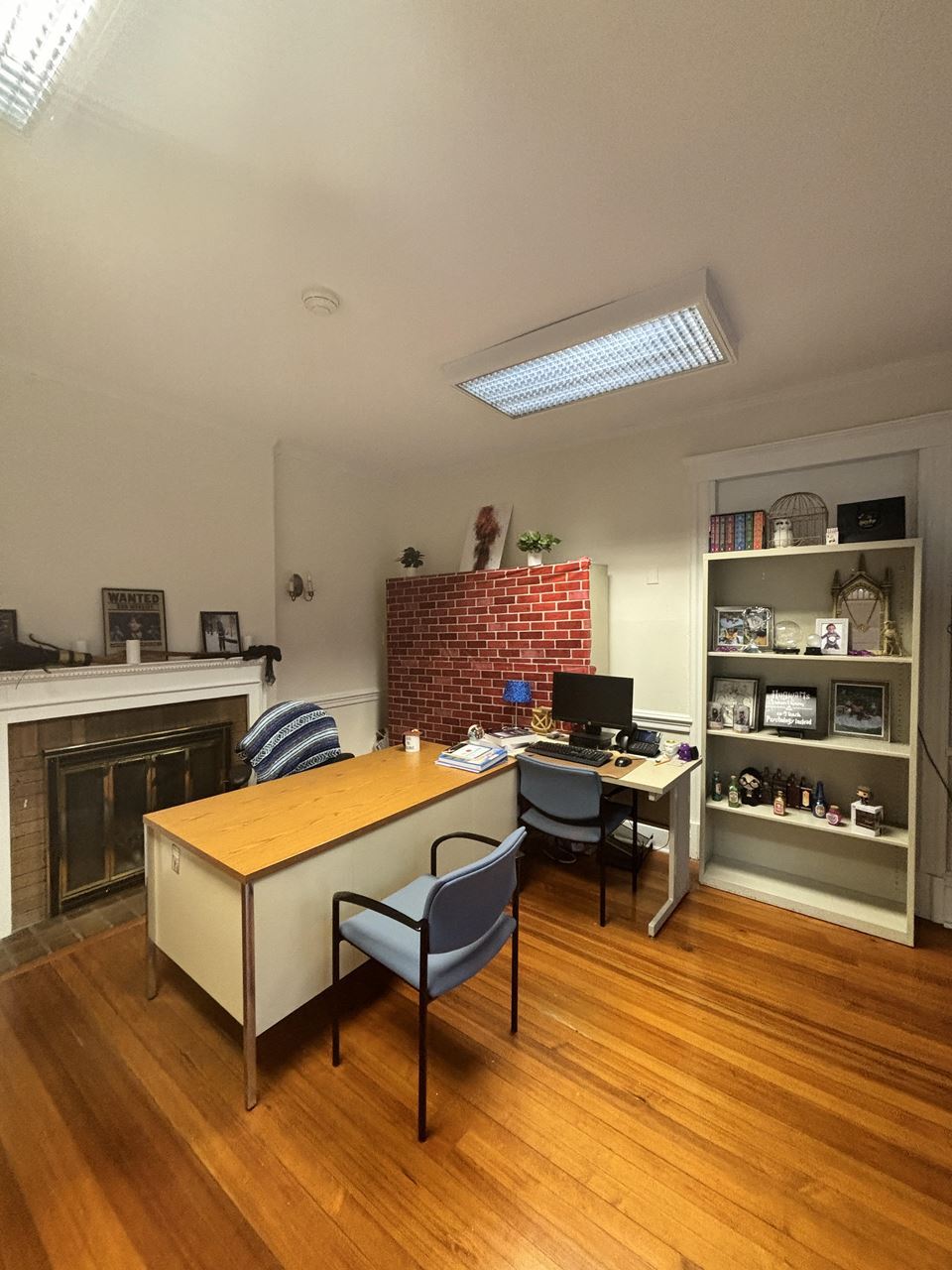 School name: Drew University
School name: Drew University
Type of school: Private, liberal arts university
School locale (including state and country): Madison, NJ
How many years have you taught psychology? 4.5 years as a professor
Classes you teach: Introduction to Psychology; Abnormal Psychology; Attachment & Relationships; Seminar: Evidence-Based Psychotherapies; Seminar: Culture & Psychopathology
Specialization: Clinical Psychology
Average class size: 24-35 per section
What’s the best advice about teaching you’ve ever received? What has shaped my teaching has not been any specific advice but more so what I have personally experienced. I have been very lucky to have amazing mentorship throughout my university and graduate experiences. I was blessed with amazing female advisors/mentors/heroes for my time at Drew as an undergrad and my time at the University of Kansas for my PhD. Those incredible people showed me in action the difference one person can make in someone else’s life when they take time to guide, shape, and support their academic growth. I would not be the person I am today without those amazing mentors. My goal as a professor is to offer even half of that to students I advise.
Briefly tell us about your favorite lecture topic or course to teach. I have been lucky to create some courses based on my specialized areas of clinical interests. One of my favorites, which seems to be popular with students as well, is my special topics course Attachment and Relationships. The course is centered around attachment theory. We explore research data on how the quality of early attachment bonds influence the people we become and how our interactions with early caregivers create the blueprint of how we tend to approach intimate relationships going forward. It is a fun course to teach because attachment influences so much of our life experiences, and it is very relatable content. I love seeing my students making connections both across other courses and in their personal lives. My favorite moments have been with some students who decided to pursue postgraduate studies in Family and Marriage Counseling who cite the course as part of their inspiration.
Briefly describe a favorite assignment or in-class activity. One of my favorite assignments is a paper I assign in Abnormal Psychology that requires students to use the information they have learned throughout the semester to complete an informal case conceptualization of a fictional character from a work of literature or film with an identifiable mental illness. It is a great practice for exploring the nuances of diagnoses, comorbidity, precipitating factors, perpetuating factors, etc.
What teaching and learning techniques work best for you? I incorporate a lot of humor, mnemonics (“If I ever saw a hippo on campus, I would remember that for a long-time…”) visual media, and real-life examples in my teaching. Students have expressed appreciation for how taking my time to show them how to apply the concepts to their real lives helped solidify their learning.
 What’s your workspace like? My campus office decoration theme is Hogwarts. The book series has been a favorite since childhood, so I have a lot of items in my office inspired by that. It is especially cool because I remember, when I first stepped on Drew’s campus as a prospective student many years ago, I was struck by the absolute beauty of the campus, and it reminded me a lot of Hogwarts. My office also has several cherished thank you cards and other tokens from students who have now graduated.
What’s your workspace like? My campus office decoration theme is Hogwarts. The book series has been a favorite since childhood, so I have a lot of items in my office inspired by that. It is especially cool because I remember, when I first stepped on Drew’s campus as a prospective student many years ago, I was struck by the absolute beauty of the campus, and it reminded me a lot of Hogwarts. My office also has several cherished thank you cards and other tokens from students who have now graduated.
Three words that best describe your teaching style. Challenging, Attainable, and Relevant.
What is your teaching philosophy in 8 words or fewer? High expectations and high support
Tell us about a teaching disaster (or embarrassment) you’ve had and how you dealt with the situation. I once had one of those moments that happen in nightmares the night before the semester starts. I accidentally wore two very different shoes to teach one day (don’t ask how…)! I did not realize it at all until after my first section was wrapping up. I asked my students if they had noticed and they responded yes, but that they thought it was intentional. We had a great laugh about it, and I quickly let them know I am nowhere cool enough to think I could pull off deliberately wearing two different shoes.
What about teaching do you find most enjoyable? Easily the student connections. It is amazing to just be doing something that comes naturally to me (e.g., helping students understand a concept better in office hours or post baccalaureate career exploration) and to receive a special thank you note from a student that shows me how much that simple thing actually meant to them.
What is something your students would be surprised to learn about you? Students seem pleasantly surprised when they learn that I am creative and that I have a business for those creative ventures.
What are you currently reading for pleasure? Why Are All The Black Kids Sitting Together In The Cafeteria? And Other Conversations About Race by Beverly Daniel Tatum.
What tech tool could you not live without? Honestly, my phone. I always say that if it’s not in my phone calendar, it does not exist because I will forget about it. I survive with the reminders and alerts I have set up.
What is your hallway chatter like? What do you talk to colleagues about most (whether or not it is related to teaching/school)? My conversations with my colleagues are a mixture of processing our teaching lives, problem-solving any ongoing issues, and us discussing our personal lives and interests.
Has your teaching changed because of the Covid19 pandemic? If so, how? I think academia is still recovering from the pandemic in many ways. Students often struggle with what going back to “normal” means in terms of deadlines and standards when extreme flexibility was more common in their high school or early college years due to the crisis. Professors are trying to come to terms with social challenges to the value of higher education (and the debt associated for many students) and teaching in a much different technological world with the ongoing advances in ChatGPT and other related AI software.
